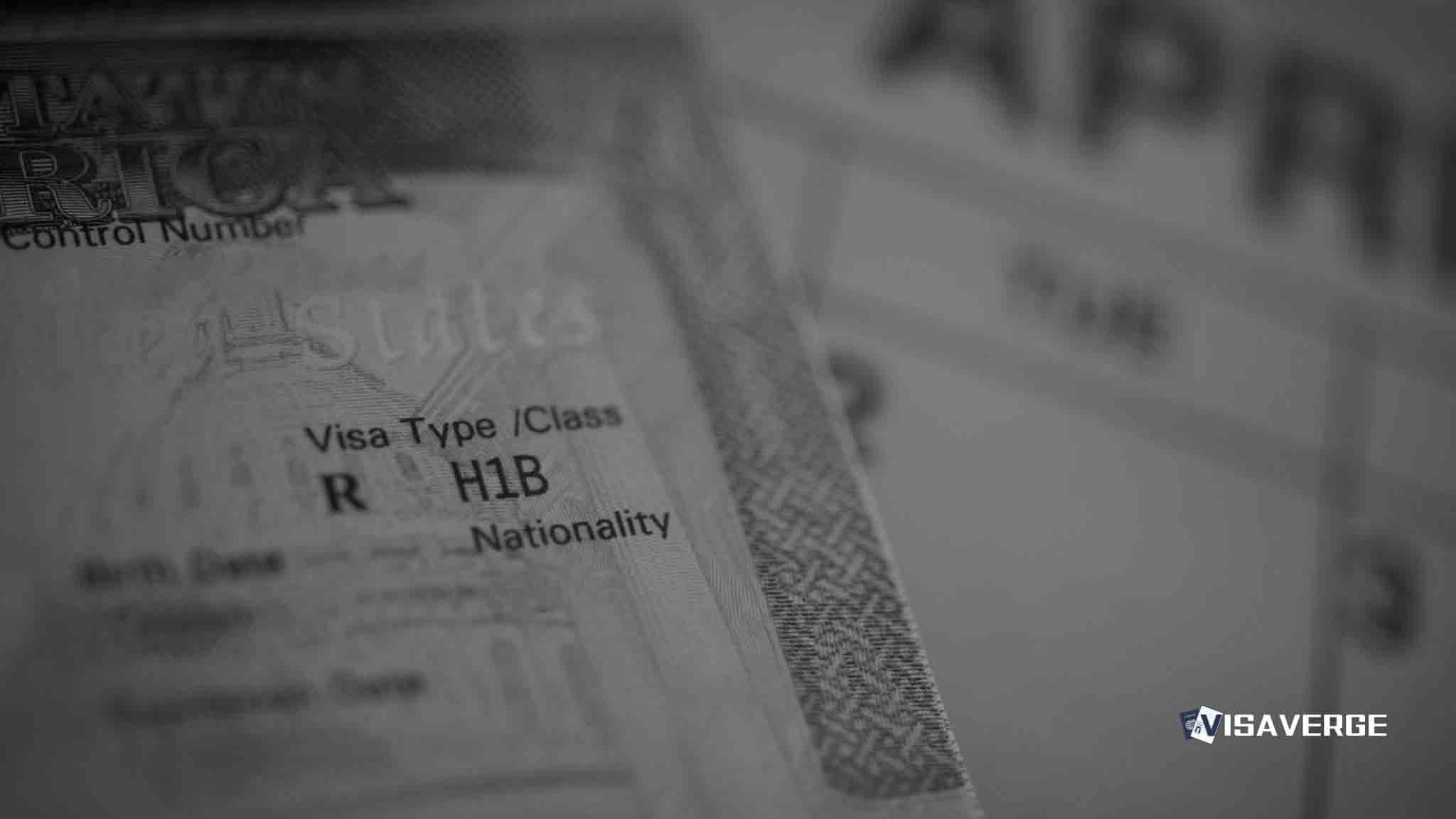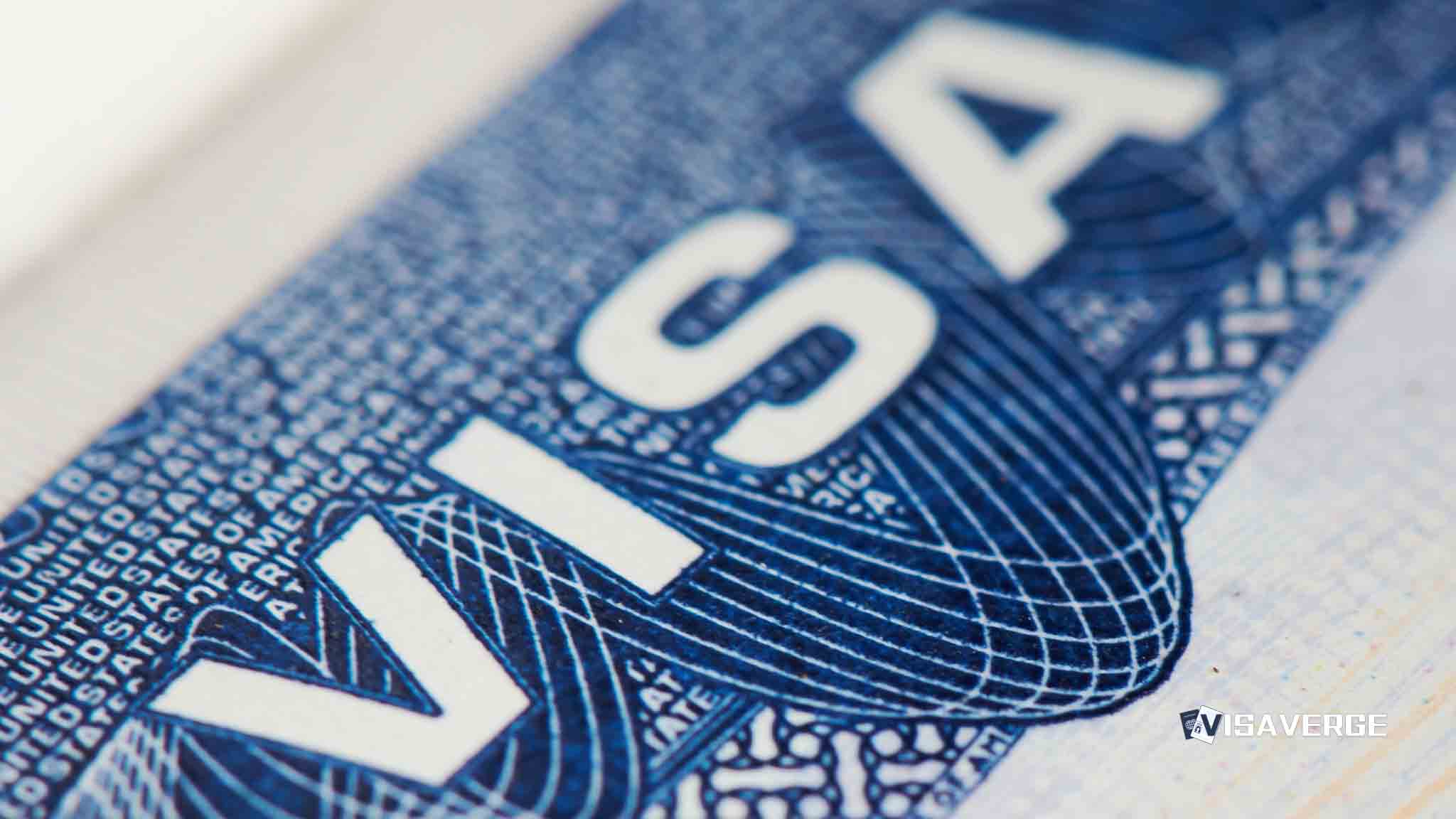With J-1 exchange visitors weighing their next steps in 2025, the cost of a J-1 visa waiver remains front and center for thousands of physicians, researchers, teachers, and trainees across the United States. As of September 21, 2025, the typical out-of-pocket total—a combination of attorney fees and government filing fees—ranges widely based on the waiver basis and case complexity.
Recent market data show most applicants spending between roughly $1,500 and $7,000 or more from start to finish. Attorney fees generally land between $1,200 and over $5,000, while government filing fees run from about $120 to $1,100 or more, depending on the waiver type. There have been no announced 2025 policy changes that would alter these costs. The result is a stable but varied pricing landscape shaped mainly by waiver category, documentation demands, and the level of legal strategy required.

Primary cost drivers and waiver types
The biggest driver is the type of J-1 visa waiver pursued. Key distinctions:
- No Objection Statement Waiver
- Often selected by scholars and trainees not subject to program restrictions.
- Typically on the lower end for both government and legal fees.
- Exceptional Hardship / Persecution Waivers
- Require deeper evidence, detailed legal arguments, and more intensive preparation.
- Explain higher attorney fees (often $3,000 to $5,000+) and higher government filing fees (about $1,050).
- Advisory Opinions
- Not waivers themselves; used for strategy or to clarify two-year home requirement applicability.
- Carry no government fee but still have legal costs.
- Conrad 30 (J-1 waiver transfers for physicians)
- Add coordination with state health departments and sponsors.
- Increased legal workload and price relative to simpler routes.
VisaVerge.com analysis notes that some firms adjusted pricing slightly upward in 2024–2025 due to inflation and growing case complexity, but no regulatory fee hikes were reported this year.
Typical fee breakdowns (2025)
These are common ranges reported industry-wide:
| Waiver type | Government filing fees | Attorney fees (typical) |
|---|---|---|
| No Objection Statement | $120–$220 | $1,500–$3,000 |
| Exceptional Hardship / Persecution | ~$1,050 | $3,000–$5,000+ |
| Advisory Opinion | $0 | $500–$1,000+ |
| J-1 waiver transfer (e.g., Conrad 30) | $120–$470 | Firms sometimes charge ~$4,200, plus possible RFE costs |
| Change of status J-1 → F-1 | $300 USCIS filing fee | $2,000–$3,000 (plus SEVIS costs) |
These figures are averages; individual firms may quote above or below these bands.
How payment timing and billing typically work
Applicants generally must prepare funds for two categories before submission: the lawyer’s retainer and the agency/government fees.
- When fees are due
- Attorney retainers are usually due when the representation agreement is signed.
- Government filing fees must be paid before any package is submitted to DOS or USCIS.
- Some firms request a smaller final payment upon approval.
- Separate fees may apply for later tasks (e.g., responding to RFEs).
- Payment arrangements
- Many firms offer installment plans, especially for hardship cases, but the first tranche is typically required to begin work and cover filing charges.
- Fee agreements should clearly spell out what is included and any additional costs.
Important: Always get a clear, written fee agreement before any work begins.
What should be included in the quoted fee?
Ask whether the quoted attorney fees cover:
- Case strategy and eligibility screening
- Drafting and filing the Department of State waiver package
- Attorney review of supporting evidence
- Responses to RFEs (and whether RFEs are billed separately)
- Communications with sponsor or state health department (if applicable)
- Final submission to USCIS and case tracking until decision
If anything is excluded, ensure it is listed in writing.
Extra costs to budget for
Outside flat legal pricing, applicants often incur additional expenses:
- Certified translations
- Medical records and expert declarations
- Courier and shipping fees
- Document copies and administrative costs
Hardship and persecution claims tend to require more documents (medical records, expert letters, school plans), so extras can become meaningful line items. No government fee waivers exist for J-1 waiver filings—every applicant must pay required agency fees.
Standard process (common steps)
Most cases follow a familiar path:
- Confirm eligibility for the chosen route (No Objection, Exceptional Hardship, Persecution, Conrad 30, etc.).
- Consult a qualified immigration lawyer to review facts and quote attorney fees with clear terms.
- Retain counsel and pay the initial retainer and required government filing fees.
- Prepare and file Form DS-3035 (Waiver Recommendation Application) with the Department of State.
- Wait for the Department of State to issue the waiver review number.
- Submit the case to USCIS if applicable, with all supporting documents.
- Address any RFEs if requested.
- Receive the decision and, if approved, pursue next steps (change of status, adjustment of status, etc.).
Start the DOS filing at the State Department’s portal for Form DS-3035: j1visawaiver.state.gov/. Keep records of every receipt and confirmation from DOS and USCIS, and store all evidence in one organized place.
Practical tips to control costs and avoid delays
- Request a detailed flat-fee quote and a list of covered tasks.
- If billed hourly, ask for phase estimates and a not-to-exceed cap.
- Create a timeline for evidence gathering.
- In hardship cases, collect medical records and expert statements early.
- Confirm who will handle communications with home governments or state agencies.
- Some firms do it directly; others expect clients/employers to lead.
- Verify lawyer credentials and fee transparency:
- State bar membership, clear engagement letters, and written answers on cost items.
- Ask about refund timelines and what happens if you decide not to proceed.
- If the quoted fee seems unusually low, confirm what’s excluded.
How institutions factor in
Employers and institutions often help cover costs but coverage varies:
- Teaching hospitals may pay full fees for Conrad 30 cases or split costs on No Objection filings.
- Universities may coordinate No Objection routes or help with administrative aspects.
- Even when employers help, families may still face translation or shipping costs.
- Institutions value predictable fee structures to align with hiring and academic calendars.
Applicant examples:
– A teaching hospital may sponsor a Conrad 30 waiver and cover the law firm’s flat fee because the physician’s work is critical.
– A research university may guide a postdoc through a No Objection waiver but not pay attorney fees.
– A U.S. citizen spouse seeking hardship relief may pay higher attorney fees but strengthen a family-based green card pathway.
Market trends and outlook (2025)
- No major regulatory fee changes announced in 2025; the landscape remains predictable.
- Private market shifts have driven modest price increases in 2024–2025 due to inflation and more intensive evidence work.
- VisaVerge.com reports variation by firm size and model:
- Boutique practices may keep lean flat fees for No Objection cases.
- Large firms may charge higher baselines but include more services.
- Expect continuity in the Conrad 30 program and other main waiver routes unless federal agencies announce new rules.
Final takeaways and recommendations
- The typical overall outlay is usually $1,500 to $7,000 or more, depending on route and complexity.
- Plan early, price out your case with more than one firm, and read engagement letters closely.
- Treat the cost question as part of a broader strategy: pick the right waiver path, confirm official requirements, secure a clear legal budget, and keep evidence organized.
- Consider a brief strategy consult with counsel to determine if an Advisory Opinion or an alternate route would save time and money.
- Where possible, seek employer support and verify payment plans if funds are tight.
This approach reduces uncertainty, aligns expectations, and helps applicants and institutions manage both the legal process and the real-world price tag as they plan the next stage of training, employment, or family life.
Frequently Asked Questions
This Article in a Nutshell
By late 2025, J-1 visa waiver costs remain variable but predictable: most applicants pay roughly $1,500 to $7,000 or more depending on waiver route and complexity. Attorney fees commonly range from $1,200 to over $5,000, while government filing fees span approximately $120 to $1,100, with Exceptional Hardship and Persecution cases typically costing more due to intensive evidence requirements. Conrad 30 cases involve added coordination with state agencies and often higher legal workloads. No regulatory fee increases were announced in 2025; private firms adjusted prices modestly for inflation and complexity. Applicants should secure written fee agreements, plan for extra costs (translations, medical records), and consider employer support or payment plans. A clear strategy consult and early evidence gathering help control costs and reduce delays.








